New podcast about research capacity development and environmental health in Zanzibar
How do you build stronger universities in low and middle income settings with the research capacities required to address local challenges most effectively? A new podcast series from the University of Copenhagen looks for the answer together with partners from the State University of Zanzibar.
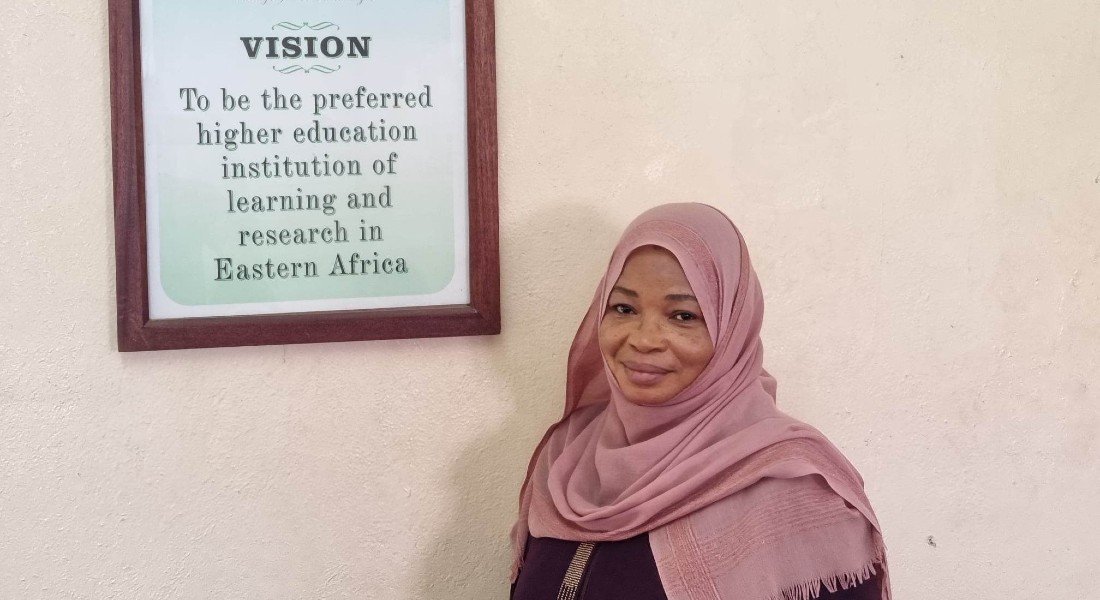
For more than a decade, Danish universities have collaborated with the State University of Zanzibar under ‘Building Stronger Universities’ - an extensive research capacity development programme funded by the Danish Ministry of Foreign Affairs. A unique partnership has grown over the years, and the stories about the experiences and results of the collaboration deserve to be heard. The podcast centers around four researchers in the partnership who are addressing some of Zanzibar’s most urgent environmental health challenges, such as mosquito borne viral infections, food and plastic waste management at tourist hotels, and pollution of the marine environment.
Fatma Saleh, Biubwa Ally, Aziza Abdulqadir and Idrissa Yusef Hamed are working on evidence-based solutions to improve the health and wellbeing of Zanzibar’s 1,5 million inhabitants. The islands are under pressure from climate change and a massive influx of tourists. Therefore, new localized solutions are needed to form a sustainable future for Zanzibar.
Besides looking at their research, the podcast also explores the uniqueness of ‘Building Stronger Universities’ as a research capacity development programme as well as its impact on gender equality in academia at the State University of Zanzibar.
Listen to the podcast series below
...or find it where you normally listen to podcasts.
About the episodes
Episode 1: Building a stronger university
Since 2011 the ‘Building Stronger Universities’ programme has supported partnerships between universities in Tanzania including Zanzibar, Ghana, Uganda, Kenya, and Nepal and universities in Denmark. The programme combines the development of capacity to conduct and disseminate research and research based education with the strengthening of university-wide systems and services. A priority university for this programme is the State University of Zanzibar, which has been a part of the programme from the beginning.
Episode 1 explores what research capacity is all about, what are the purpose and lessons learnt from the ‘Building Stronger Universities’ programme and how has it strengthened the State University of Zanzibar. The four researchers and Bjørg Elvekjær, Senior Advisor at the University of Copenhagen, who has been the coordinator of the partnership on the Danish side from the very beginning, share stories from more than a decade of collaboration.
Episode 2: Fatma and the mosquitoes
Researcher Fatma Saleh is on a mission: to prevent the aedes aegypti mosquito spreading viral diseases, such as dengue, chikungunya, and zika viruses. She did her PhD on mosquito-borne viral diseases in Zanzibar and how the health system can detect and deal with epidemics caused by these diseases.
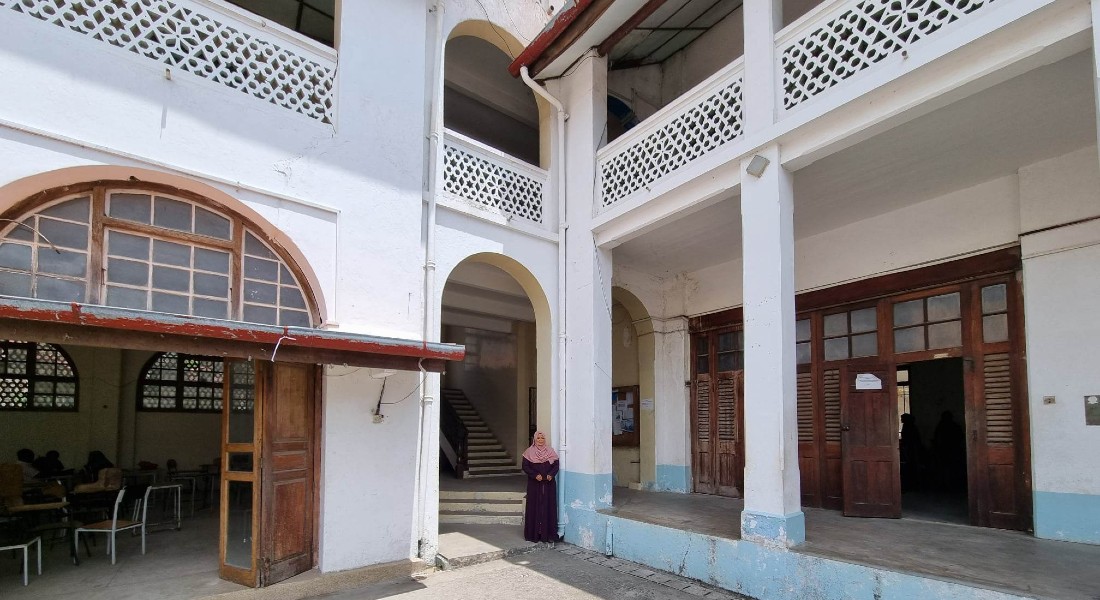
Episode 3: Biubwa and the food waste
Tourist hotels in Zanzibar generate a lot of solid waste, including food waste. And right outside the hotel gates, local communities go to bed hungry every night. Researcher Biubwa Ally is working on prevention and minimisation strategies for food waste management in the hotel industry in Zanzibar.
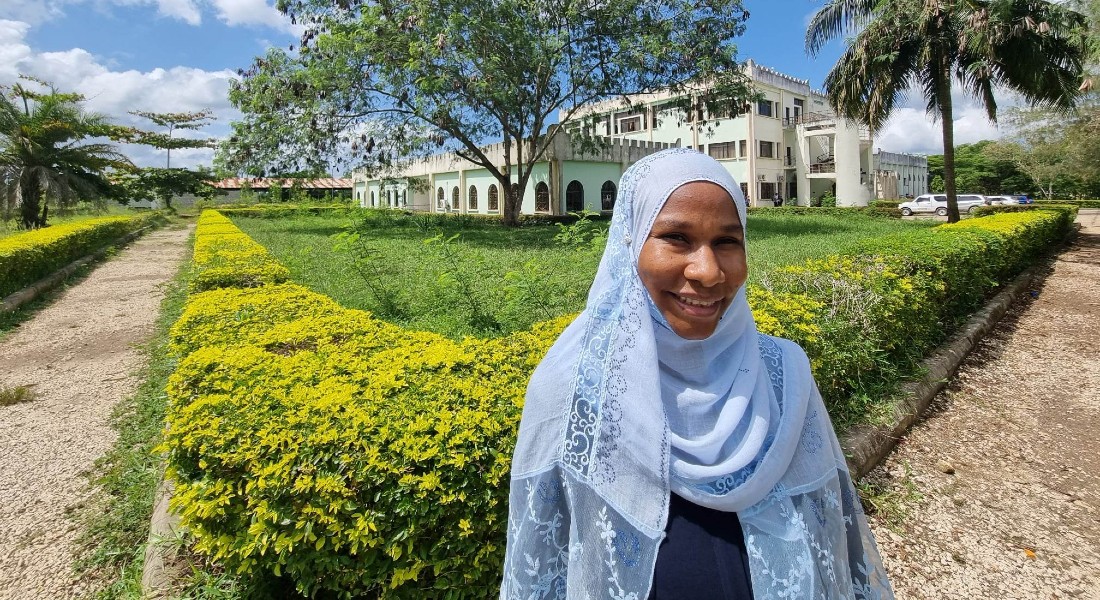
Episode 4: Aziza and the plastic waste
Zanzibaris have become so accustomed to plastic waste in the streets that they don’t even notice it anymore. Thousands of plastic bottles are shipped to the islands every day to quench the thirst of the many tourists and the local population. Unfortunately, discarded bottles end up on the beautiful beaches and in the streets where they become potential breeding grounds for disease-carrying mosquitos. Researcher Aziza Abdulqadir is trying to find solutions to this environmental health challenge.
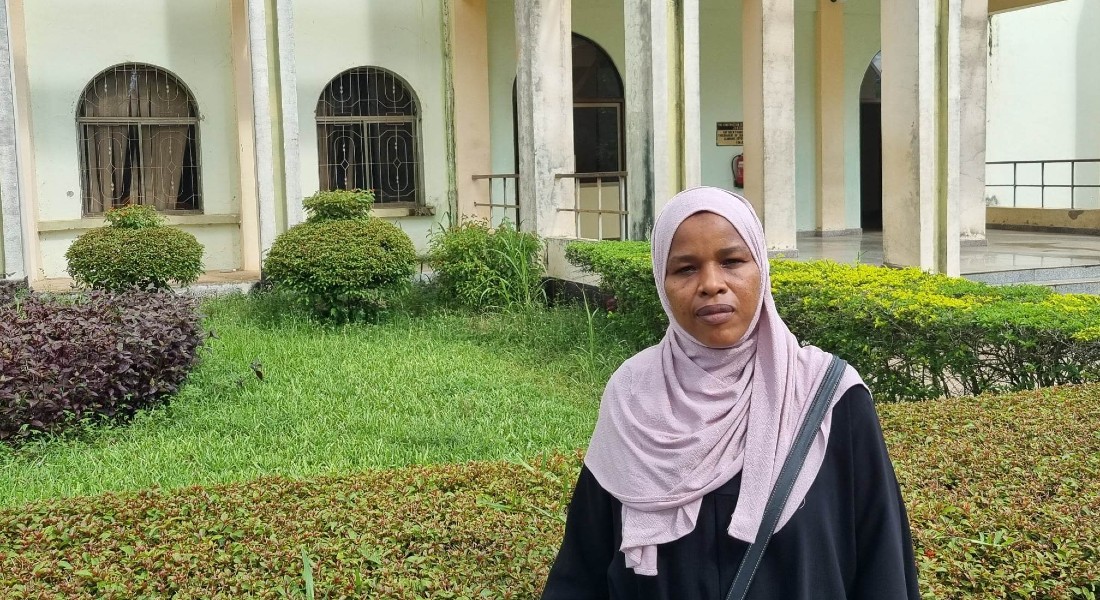
Episode 5: Idrissa and the seagrass
Seagrass contributes to the conservation of Zanzibar’s biggest tourist attractions: the pristine beaches and the clear water. The marine plants act as barriers to the waves and reduce the erosion on the coastline while helping to clean polluted water from land. Thousands of marine species depend on seagrass for their survival. But seagrass is endangered by pollution and climate change. Researcher Idrissa Yusef Hamad is trying to find solutions to this marine health challenge by using drone technology to map Zanzibar’s seagrass.
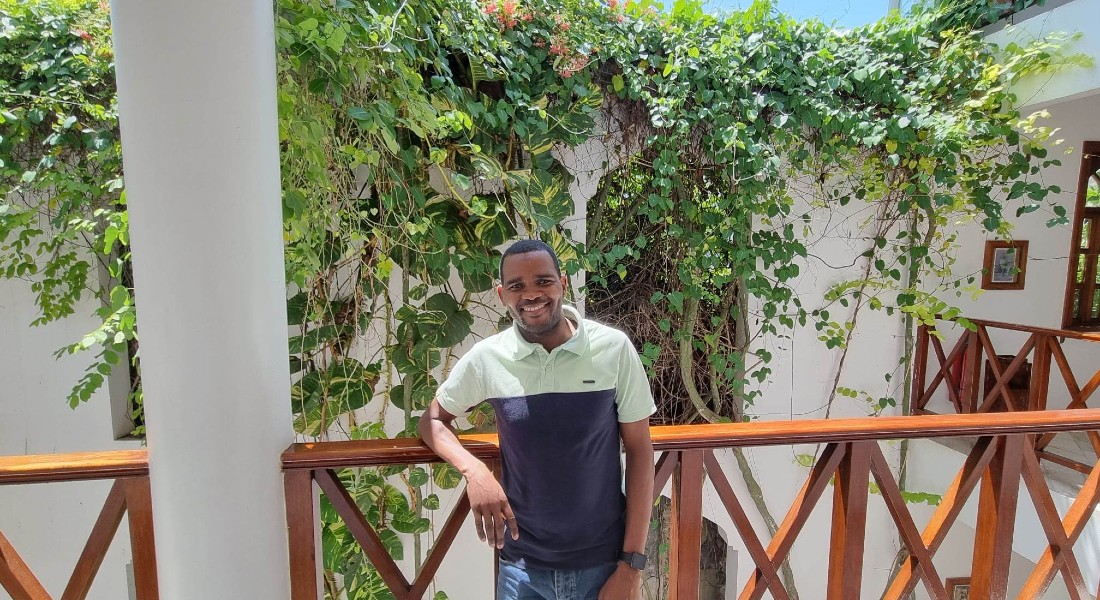
Episode 6: Women in academia
Gender inequalities in academia exist in Zanzibar, just like everywhere else in the academic world. But things are changing for the better at the State University of Zanzibar with more girls enrolled in higher education and more women in senior academic positions. What are the roles and positions of the women at the State University of Zanzibar? Three female researchers – Fatma Saleh, Aziza Abdulqadir and Biubwa Ally – share their experiences of being female role models in academia.
About the podcast
Host: Morten Mechlenborg Nørulf, University of Copenhagen’s School of Global Health
Editing technician: Christian Grimes Schmidt, University of Copenhagen’s Centre for Online and Blended Learning
‘Building Stronger Universities’ is produced by University of Copenhagen’s School of Global Health and Centre for Online and Blended Learning. The podcast is funded by Ministry of Foreign Affairs of Denmark.
- Episode 1: Building a stronger university (24 min)
- Episode 2: Fatma and the mosquitos (11:30 min)
- Episode 3: Biubwa and the food waste (09:30 min)
- Episode 4: Aziza and the plastic waste (06:30 min)
- Episode 5: Idrissa and the seagrass (10:00 min)
- Episode 6: Women in academia (11:30 min)
